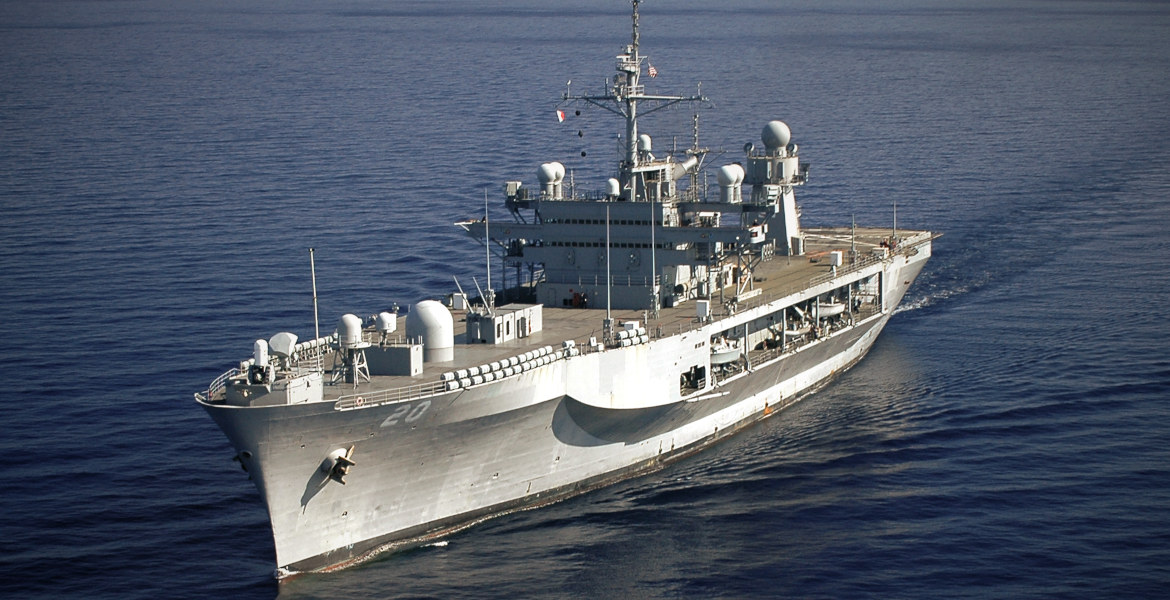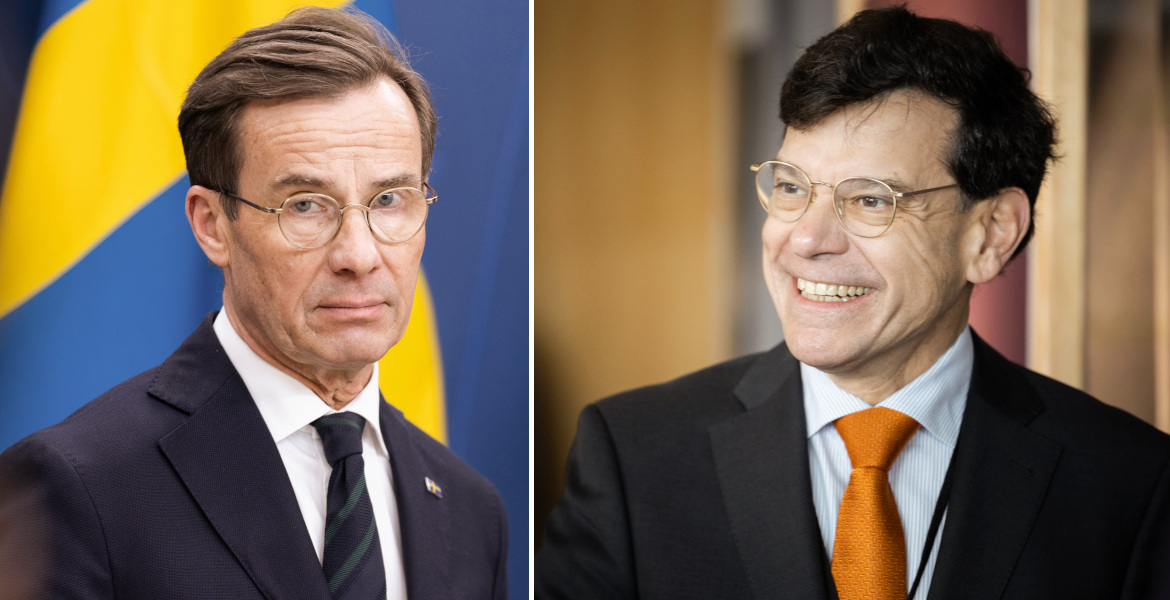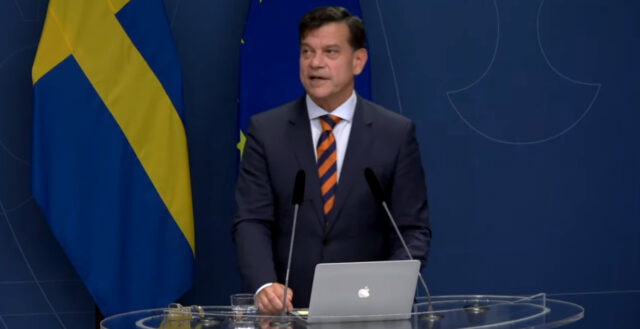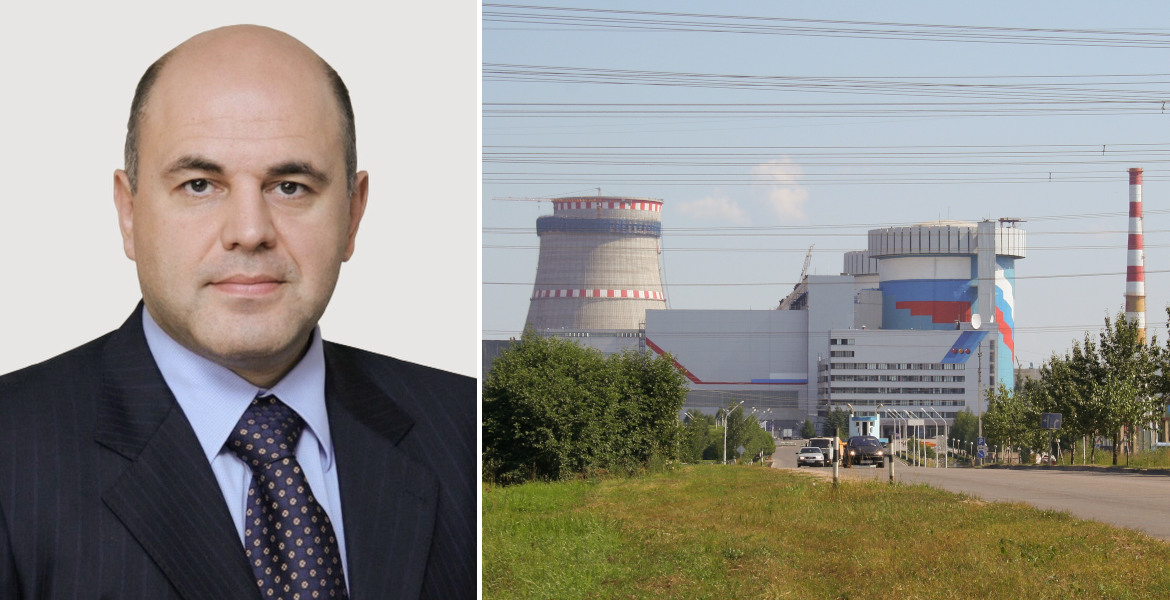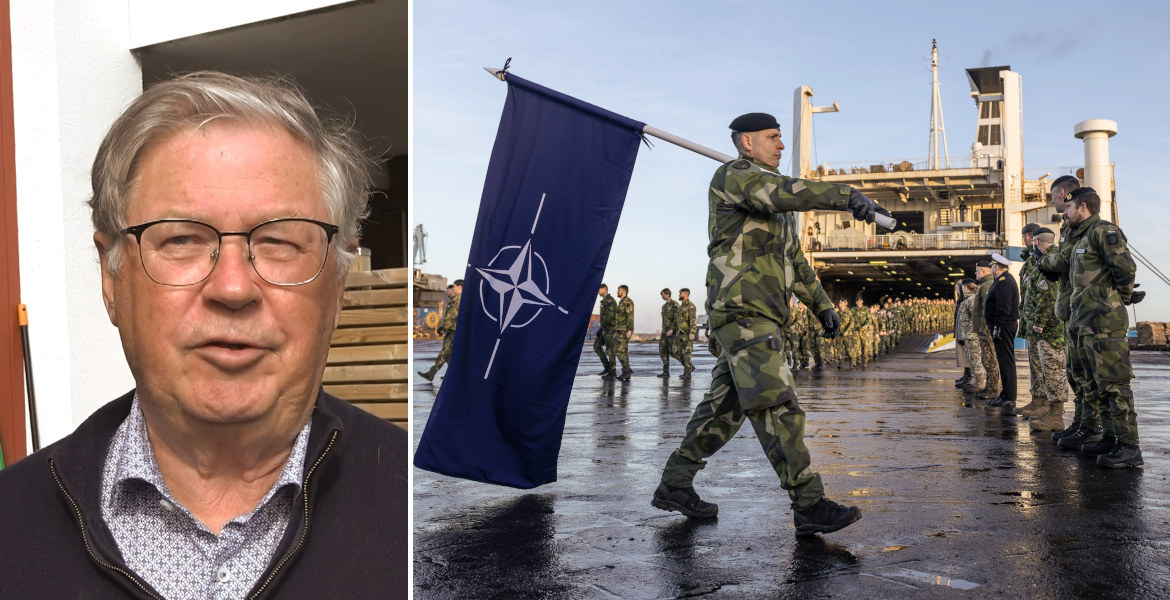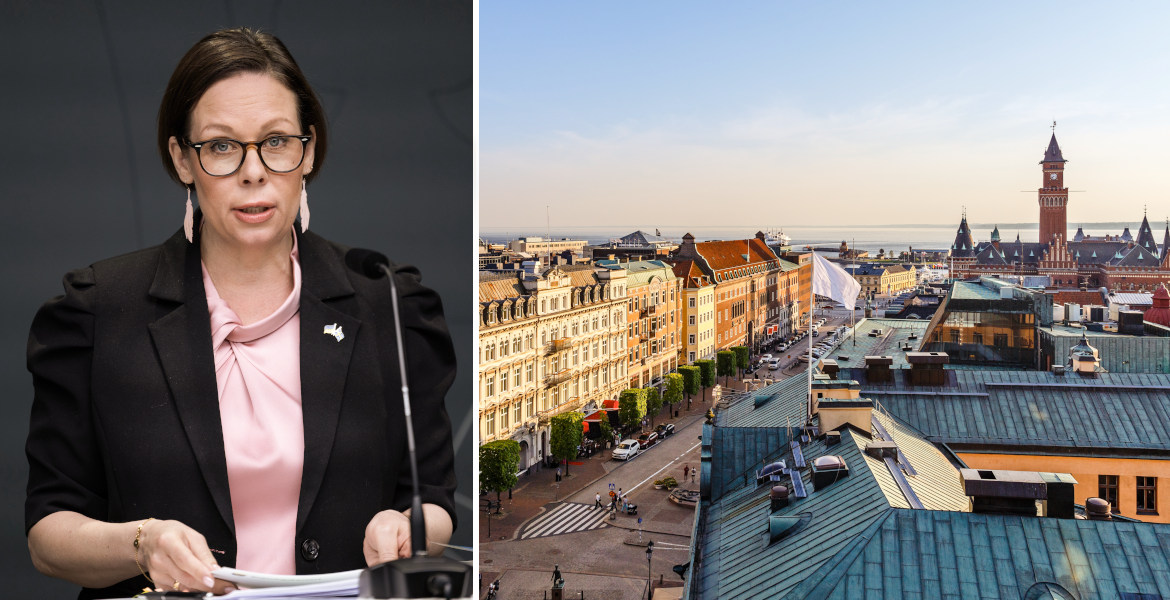The US command ship USS Mount Whitney, often referred to as a “floating Pentagon” due to its advanced command systems, has docked at Frihamnen port in Stockholm, Sweden.
The visit marks the conclusion of a month-long mission in the Baltic Sea where the vessel played a leading role in the extensive NATO exercise Baltops, working alongside Swedish personnel among others.
The vessel serves as the flagship of the US Sixth Fleet and is designed to command complex and extensive military operations. At 200 meters in length, it is equipped with advanced communication and command systems that make it a hub for US naval operations.
– We usually call it a floating Pentagon because our main strength lies in communication and command systems, says Jonathan Desimone, Command Systems Officer aboard, to Swedish public broadcaster SVT.
During the recently concluded Baltops, an annual NATO-led exercise in the Baltic Sea, USS Mount Whitney played a key role. The Swedish Navy participated with a submarine, among other assets, and several Swedish liaison officers were aboard as part of the NATO staffing.
– We had several Swedish liaison officers aboard throughout the exercise as part of the NATO staffing, says Commander and Captain Colin Price.
– We are here to participate in Baltops 2025 and to demonstrate US presence. Our goal as a naval force is freedom of navigation and regional stability, he further states.
Välkommen till Stockholm, USS Mount Whitney! pic.twitter.com/kUvJRXKD92
— US Embassy in Sweden (@usembsweden) July 1, 2025
No plans to leave Europe
Price emphasizes the value of the exercise and multinational NATO cooperation – but critics suggest the ship’s visible presence in Stockholm could also be interpreted as a show of force directed at Russia, rather than a purely diplomatic visit.
Meanwhile, the Baltic Sea has been characterized by increased military activity, with both NATO and Russia conducting parallel exercises. During Baltops, Russian fighter aircraft were observed flying near USS Mount Whitney in international airspace.
– I wouldn’t call them incidents, but yes, we had interactions with aircraft flying near Mount Whitney, Price comments and explains:
– During Baltops, we’re in the middle of the Baltic Sea and it’s international airspace where aircraft can fly wherever they want.
During Donald Trump’s presidency, there have been reports and signals suggesting that the US plans to significantly reduce its military presence in Europe. However, according to the commander, there are no such plans for USS Mount Whitney.
